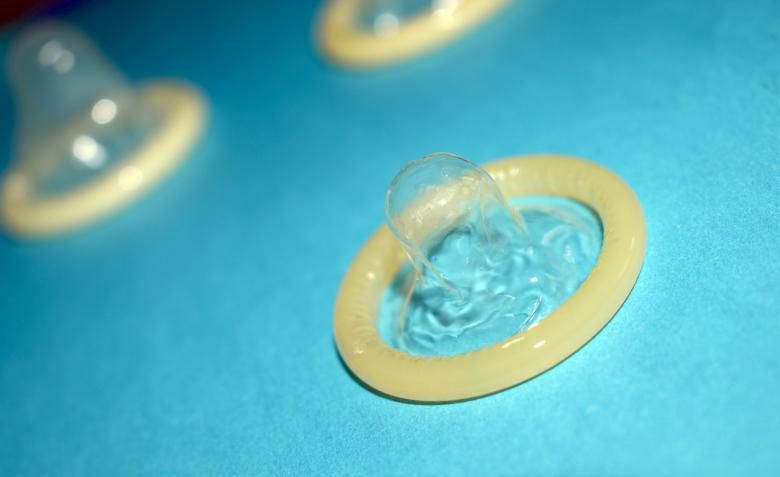Sexually transmitted diseases (STDs), also known as sexually transmitted infections (STIs), are infections that are spread through sexual contact.
They can be caused by bacteria, viruses, or parasites, and can affect both men and women.
STDs can be transmitted through vaginal, anal, or oral sex, as well as through sharing sex toys or needles with someone who is infected.
Common examples of STDs include chlamydia, gonorrhea, syphilis, herpes, human papillomavirus (HPV), hepatitis B and C, and HIV/AIDS.
These infections can have a range of symptoms, from mild to severe, and some can be asymptomatic, meaning they don't cause any noticeable symptoms.
6 measures to prevent STDs
Use protection
Using protection is one of the most effective ways to prevent sexually transmitted infections (STIs).
Protection in this context refers to the use of barriers, such as condoms or dental dams, during sexual activity to reduce the risk of STI transmission.
When used correctly and consistently, condoms can provide a high level of protection against STIs, including HIV, chlamydia, gonorrhea, and syphilis.

Condoms work by creating a barrier that prevents the exchange of bodily fluids during sexual contact, which is the main way that STIs are spread.
It is important to note that protection is not 100% foolproof, as some STIs can be spread through skin-to-skin contact and can infect areas not covered by a condom or dental dam.
Use dental dams
A dental dam is a thin, square piece of latex or polyurethane that can be used as a barrier during oral sex to reduce the risk of sexually transmitted infections (STIs).
The dental dam is placed over the genital area, creating a barrier between the mouth and the genitals, and is held in place with hands or fingers.
Dental dams are typically used during oral sex on a vulva or anus and can provide a barrier against the transmission of STIs such as herpes, gonorrhea, chlamydia, and syphilis.
They can also be used to reduce the risk of HIV transmission during oral sex.
Avoid drugs before sex
Avoiding drugs before sex is an important step in preventing sexually transmitted infections (STIs).
The use of drugs or alcohol can impair judgement and decision-making, which can lead to engaging in risky sexual behaviors and increasing the risk of STI transmission.

When under the influence of drugs or alcohol, individuals may be less likely to use protection during sexual activity, may forget to take precautions such as using condoms or dental dams, or may engage in sexual activities that carry a higher risk of STI transmissions, such as anal sex or multiple partners.
Learn about STIs
STIs, or sexually transmitted infections, can be prevented through education on safe sex practices.
Safe sex practices include the use of condoms or other forms of barrier contraception during sexual activity, as well as getting regularly tested for STIs.
Education on preventing STIs should cover a variety of topics, including the signs and symptoms of common STIs, how to properly use condoms or other forms of contraception, and the importance of getting tested for STIs on a regular basis.

Additionally, education on preventing STIs should also address the importance of open and honest communication with sexual partners about sexual history and the risks of STIs.
This can help individuals make informed decisions about their sexual health and reduce the risk of STI transmission.
Make sure your partner is healthy
Both partners should get tested for STIs before engaging in sexual activity, and regularly thereafter if you are sexually active.
If you are diagnosed with an STI, notify your partner so they can also get tested and treated if necessary.
Get checked
Getting checked for sexually transmitted infections (STIs) is an important step in preventing the spread of these infections and protecting your own health.
STIs are infections that are typically spread through sexual activity, and they can be caused by bacteria, viruses, or parasites.
Are STDs dangerous?
If left untreated, STDs can lead to serious health problems, such as infertility, chronic pain, and even death.
However, many STDs can be easily treated and cured with antibiotics or antiviral medication if detected early.
)
)
)
)
)
)
)
)
)
)